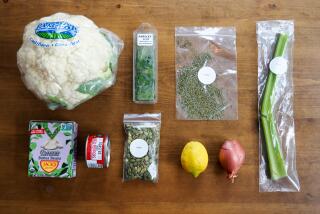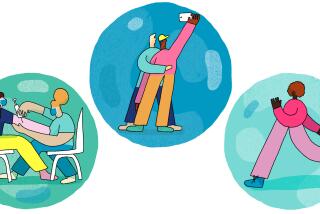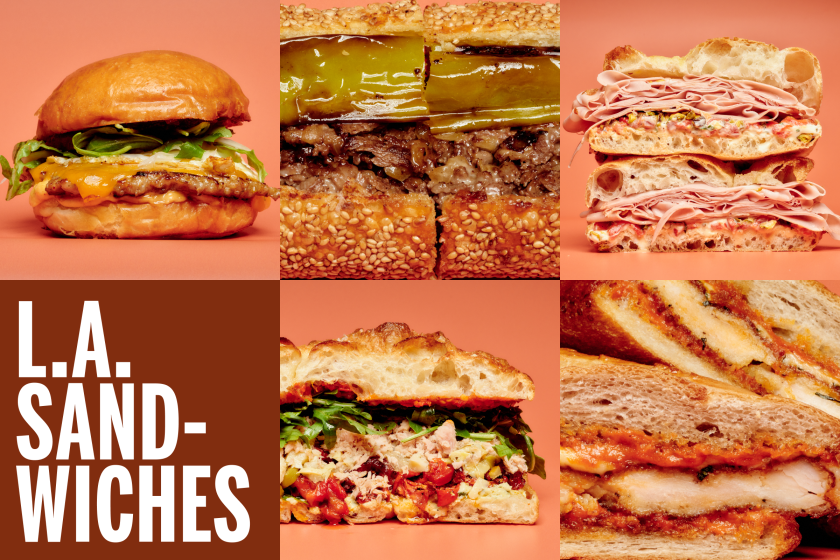Does cooking food kill coronavirus? An expert weighs in
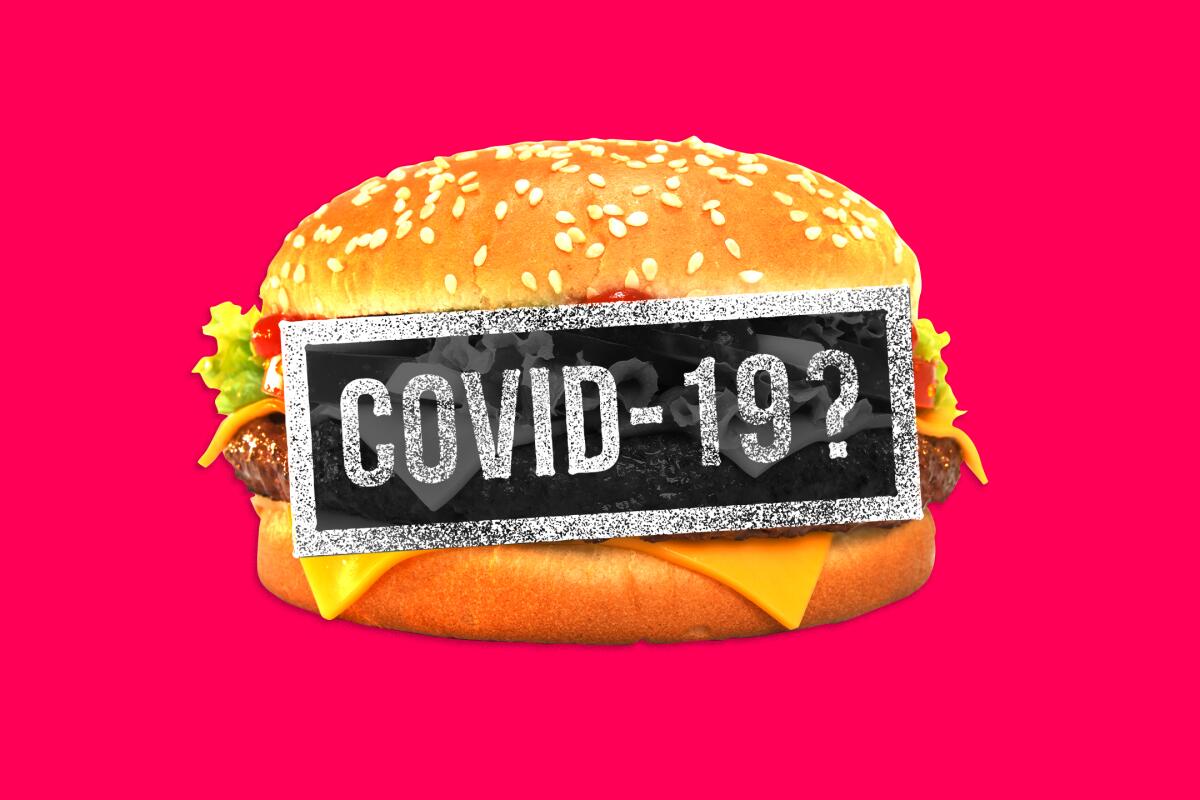
Since writing about how to wash produce during the pandemic, I’ve gotten questions from readers asking if cooking food kills any possible coronavirus on it. I also have received requests for “100%-certain facts.”
Given the novelty of this outbreak, research is ongoing and information evolving, so to find answers to readers’ queries, I reached out to an expert in infectious disease, Dr. Stephen Berger. Berger is board-certified in both infectious diseases and clinical microbiology and is a co-founder of GIDEON, the Global Infectious Diseases and Epidemiology Network. Here are his insights into the connections between coronavirus and food. The interview has been condensed and edited.
Can COVID-19 be transmitted through food? If so, how?
There have been no cases of COVID-19 associated with ingestion of food, but the question is well-founded. COVID-19 is, after all, caused by a virus which enters the body through the nose or mouth. Food items are, after all, objects which may be contaminated with the virus and placed in the mouth — but like many other viruses, bacteria and parasites, these will be swallowed and most likely destroyed by stomach acids. Should the virus survive into the intestine, there is no pathway which will carry it to the lungs.
Can COVID-19 be transmitted in the process of consuming food or only through the respiratory system?
The virus of COVID-19 must enter the respiratory system to produce disease. There is the possibility that material could travel from the mouth through the larynx and into the lungs. It is thought that acquisition of COVID-19 through this route rarely, if ever, occurs.
If COVID-19 is on food, can it be killed by cooking? If so, at what temperatures?
SARS virus, a close relative of the virus of COVID-19, is inactivated at temperatures of 56 to 65 degrees Celsius (132.8 to 149 degrees Fahrenheit).
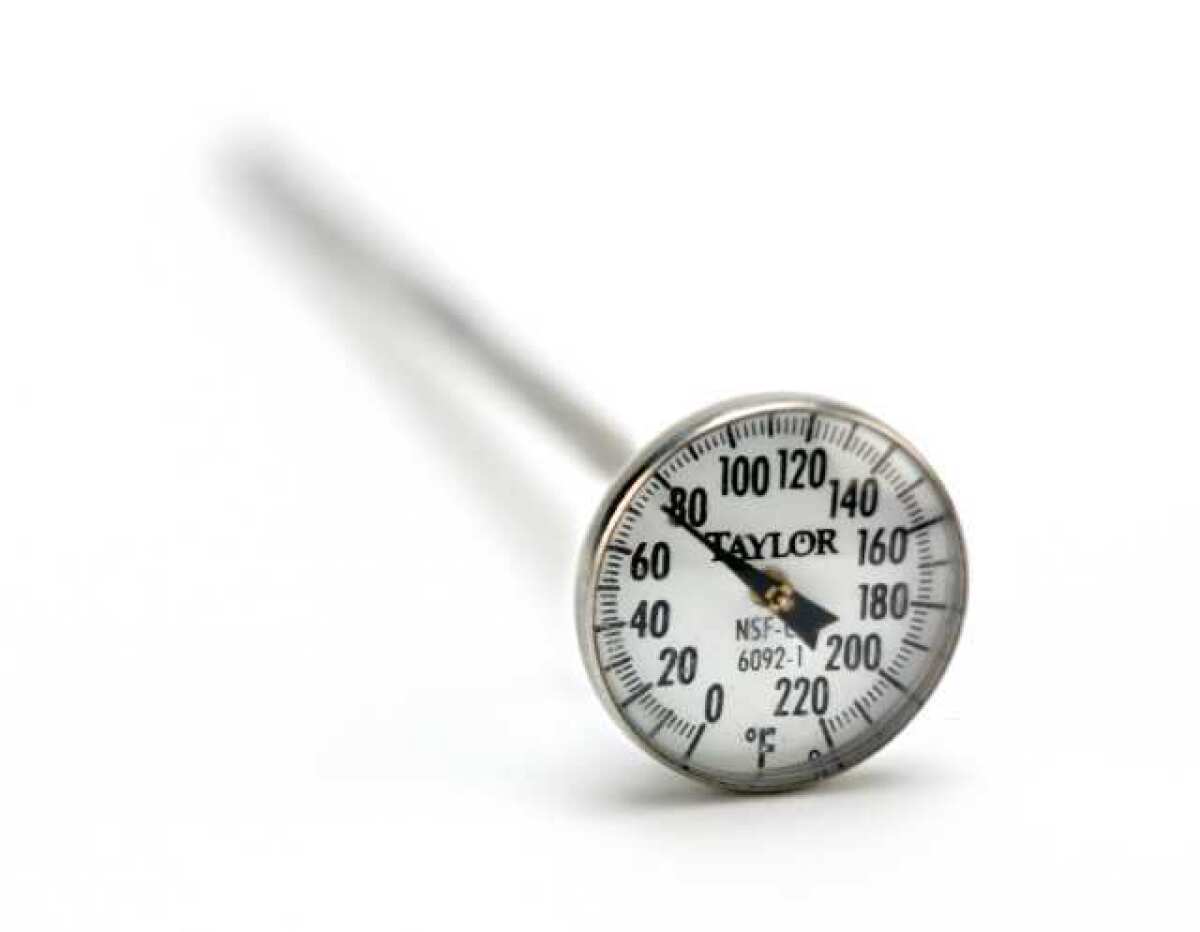
(One aside, before we get back to the questions: An instant-read thermometer will tell you the temperature of your food; most cooked food is in or above that temperature range.)
Does it die more easily than the bacteria that can last on our food?
Unlike viruses, bacteria can multiply in food and many species are highly resistant to heat and dryness.
Is there anything specific about COVID-19 that makes it harder to eliminate from our food?
Not really. Routine practices of hygiene, storage, cleansing and cooking which are already practiced in commercial shops and restaurants will also help eliminate this virus from our food.
So can you acquire COVID-19 from food?
The bottom line answer is ... no.
More to Read
Eat your way across L.A.
Get our weekly Tasting Notes newsletter for reviews, news and more.
You may occasionally receive promotional content from the Los Angeles Times.

